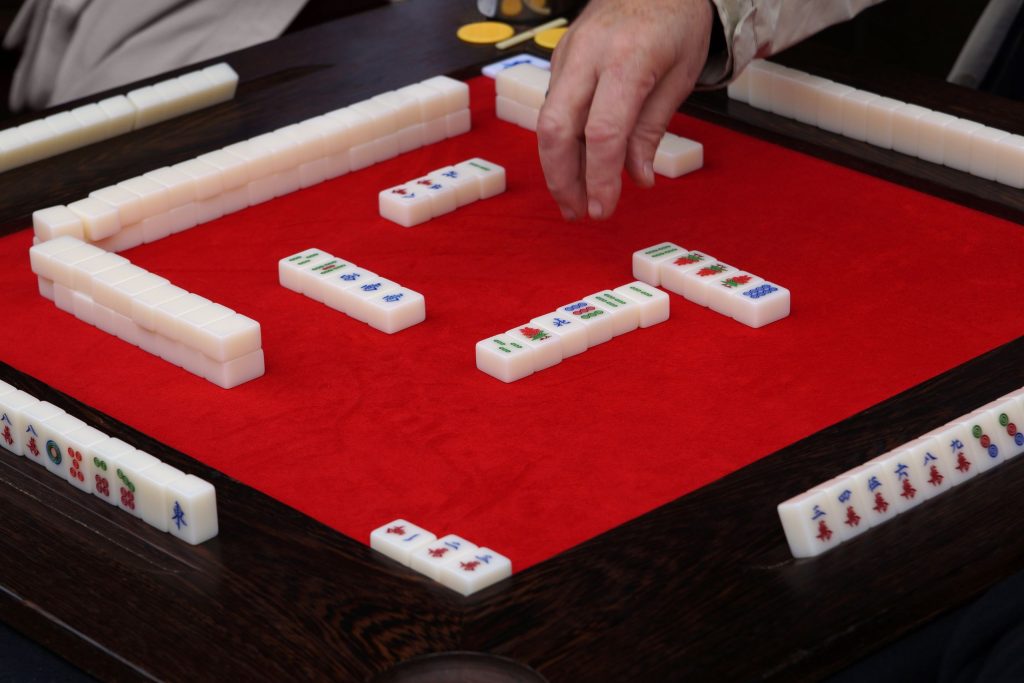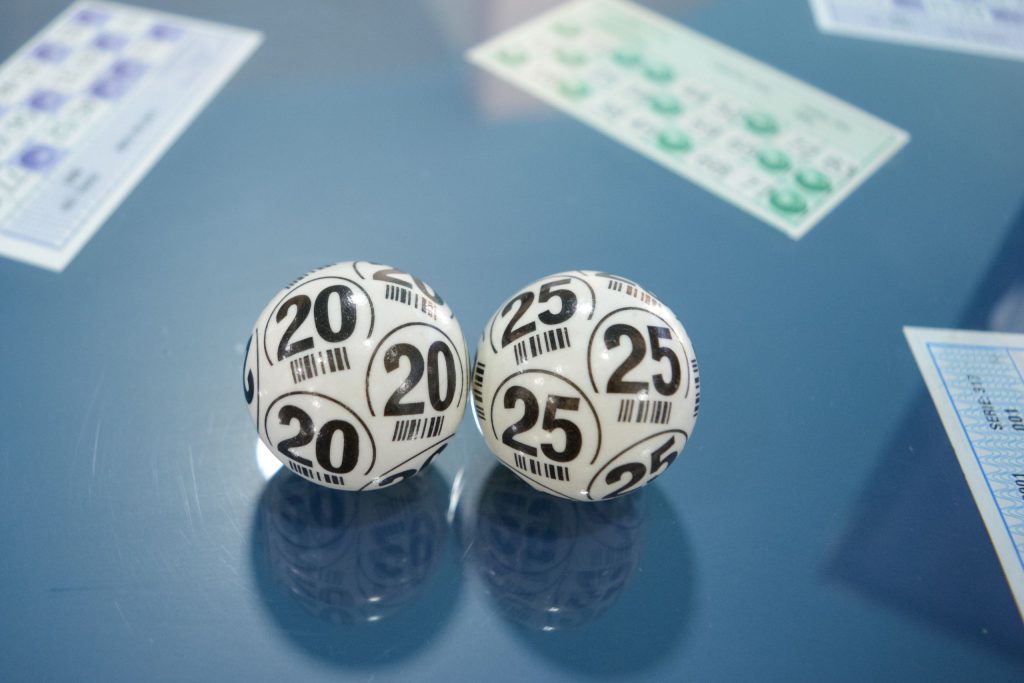
Chinese gambling games have been a part of Chinese culture for thousands of years and have a lot of history behind them. Besides being fun, these games, like Mahjong, Pai Gow, and different types of betting, have helped bring people together and build communities. Their impact on society beyond just enjoyment; they also educate, motivate, and assist in understanding for people. These classic games have been evolved to suit new technologies and preferences of modern gamblers. While maintaining the essence of these cherished customs, websites and applications for cellphones have created imaginative variants of them. Therefore, classic Chinese betting games remain popular and draw both novice players eager to enjoy their special attraction as well as experienced ones. Emphasizing their significance and appeal in today’s fast changing gaming scene, this paper investigates the legacy and changing character of these classic games.
Mahjong Gambling: A Game of Skill and Strategy
Mahjong is a great method for family and friends to hang out around a table, more than simply a game. One may play this tile-based game using strategy, luck, or ability. It was first made in China and has become famous. Players must consider their actions carefully and examine not only their own tiles but also those of their opponent. This interesting combination of preparation and fast decision-making makes the game interesting and erratic, therefore making sure even experienced players may have an entertaining session every time they come to play.
As Mahjong has been embraced by many Chinese communities, each giving the ancient game a new twist, several regional versions of the game have evolved. While some areas could have specific house rules, others might mix uncommon tile sets or many scoring systems. Sharing among the players local customs and skills improves the game and strengthens bonds among the people. Played among friends or in more demanding conditions, Mahjong is still a sought-after past time always evolving while honoring its rich cultural origins.

Pai Gow: The Ancient Domino Betting Game
Originally from ancient China, Pai Gow has captivated players with its odd combination of chance and strategies. Usually carrying thirty-two Chinese dominoes, players couple their tiles to create the finest hands. This game requires not only outstanding skills but also meticulous study of every employed tile. Maximizing winning chances is difficult as players have to consider how their configuration might trick their opponent. Played in busy casinos or quiet homes, this calculated element has kept Pai Gow relevant over years.
Pai Gow has developed now into a well-known casino game called Pai Gow Poker. This current take preserves the core of tile-based gameplay even as a deck of regular playing cards is being added. Players still blend conventional techniques with modern flare to produce their finest hands with ability. It has maintained the excitement of head-to–head fighting even as a new generation of players may now access the game. Pai Gow’s mix of strategy, social interaction, and the excitement of play stays time-tested both in ancient environments as well as the glittering contemporary casino.
Sic Bo: The Excitement of Dice Betting
Still tempting gamblers all over are quick-paced dice games like Sic Bo. Its whole appeal comes from the simplicity of the gameplay combined with the excitement of three rolling dice prediction. Gamers might wager different sums on many likely outcomes, therefore creating interesting opportunities for profits. Whether it’s for even combinations, the whole dice value, or just one number, every roll sets off a wave of anticipation. Modern and conventional casinos value this dynamic aspect as it preserves the excitement and players on the brink of their chairs.
The combination of history and fresh readings also keeps Sic Bo appealing. Although the game has long history, several online casinos—including Gal Sport Betting Zambia—off enticing digital versions that improve the gaming experience. These modern versions are readily available and interesting for both new players and expert gamblers as they may incorporate innovative concepts like interactive graphics and live dealer alternatives. Sic Bo ensures that everyone may choose their own route to probable profits by employing many reward possibilities that fit diverse betting strategies, therefore preserving the relevance of the game in the contemporary casino environment.
Fan-Tan: A Classic Game of Chance and Calculation
For decades, players have been captivated by Fan-Tan’s simple but intense action. The game mostly relies on the count of beads left after four divisions of a pile. Players take close attention to the bead count and put their wagers around a table. The expectation rises with every bead shown until a simple calculation turns into an engaging guessing game. Its straightforward rules suit both new and experienced gamblers well.
The simplicity of Fan-Tan does not define its charm; its rich background increases its appeal. Once a mainstay of the gaming venues of past, it nevertheless finds a place in certain areas today attracting those who value its historic background. Many players find great resonance in the social experience of friendly wagers as they like the group environment. Played in a busy casino or a more subdued environment, Fan-Tan is still a great mix of chance and strategy that will survive for next generations.
Traditional Lottery and Number Betting Games
Keno originated in China long ago, during the Han Dynasty. Usually a game of chance, it allowed crowds assemble hoping for a fortunate turn-around. From a ticket, participants would select numbers; a game host would then choose winning numbers at random. From this blend of thrills and expectations, Keno became well-known and has remained a pillar in both traditional and modern gambling locations. Keno is now available online and at casinos, drawing a large spectrum of people ready to gamble.
In Chinese culture, lucky numbers are very important and often affect the decisions made about betting. Many people turn to numbers connected with success, pleasure, and good fortune first choice in Keno or lottery games. Players interacting with these classic number games combine cultural legacy with the excitement of gambling. Online and controlled lottery systems have adopted this custom by letting users easily choose their fortunate numbers via computer interfaces. This modern integration guarantees that timeless rituals and values survive while yet appealing to a new generation of players who value both the ease of current gaming alternatives and the nostalgia of old practices.

Conclusion
Traditional Chinese betting games are still quite popular as they skillfully combine new versions appealing to a varied audience with cultural value. Rooted in rich legacy, these games provide players with a link to history and culture that speaks to them in addition to amusement. Their ability to combine time-honored rituals with current gaming experiences enables supporters appreciate their cultural past while savoring the exhilaration of chance. Readers should therefore appreciate these works as basic components of a rich gaming tradition and inspire them to examine more gambling blogs in order to raise their understanding and admiration of this fascinating surroundings.






